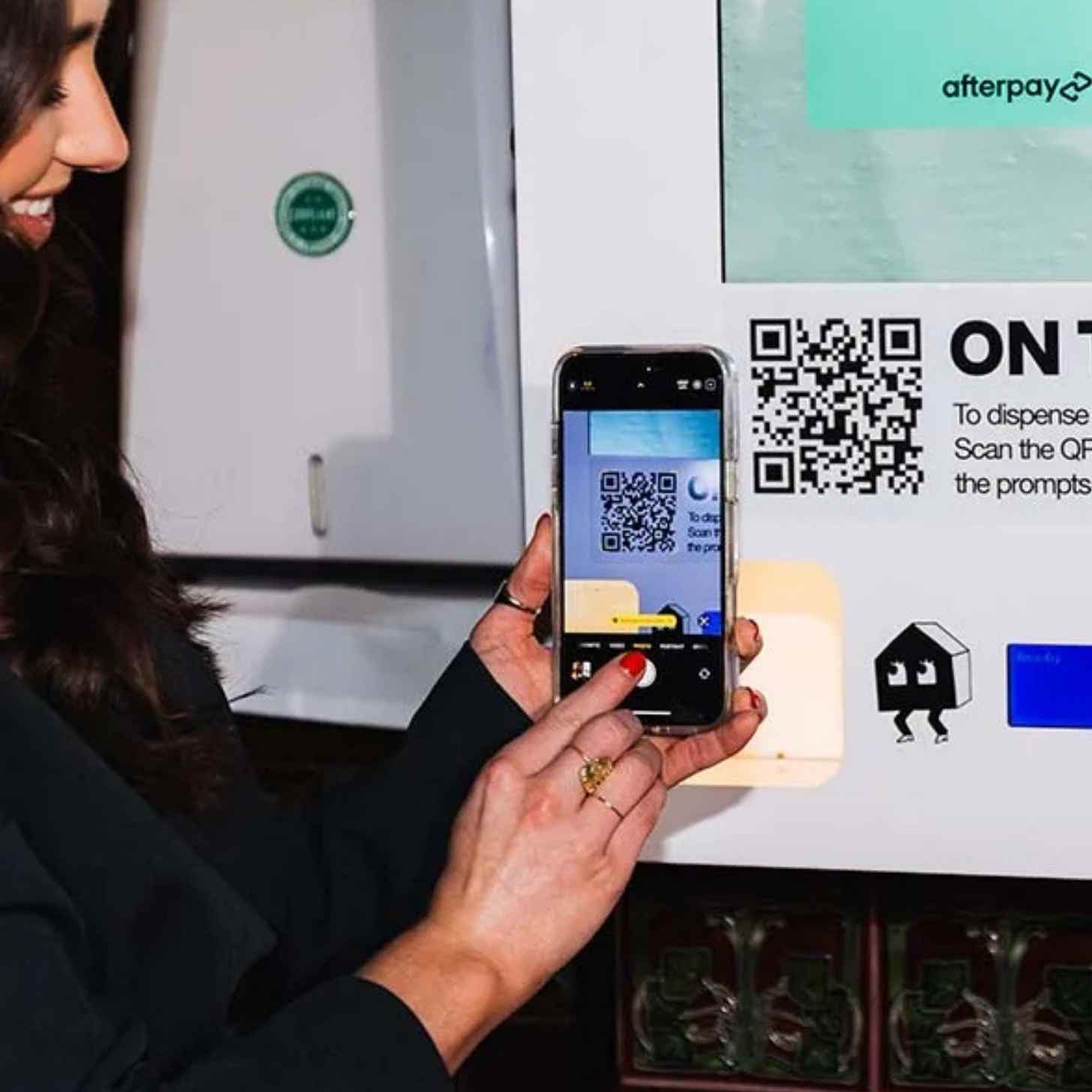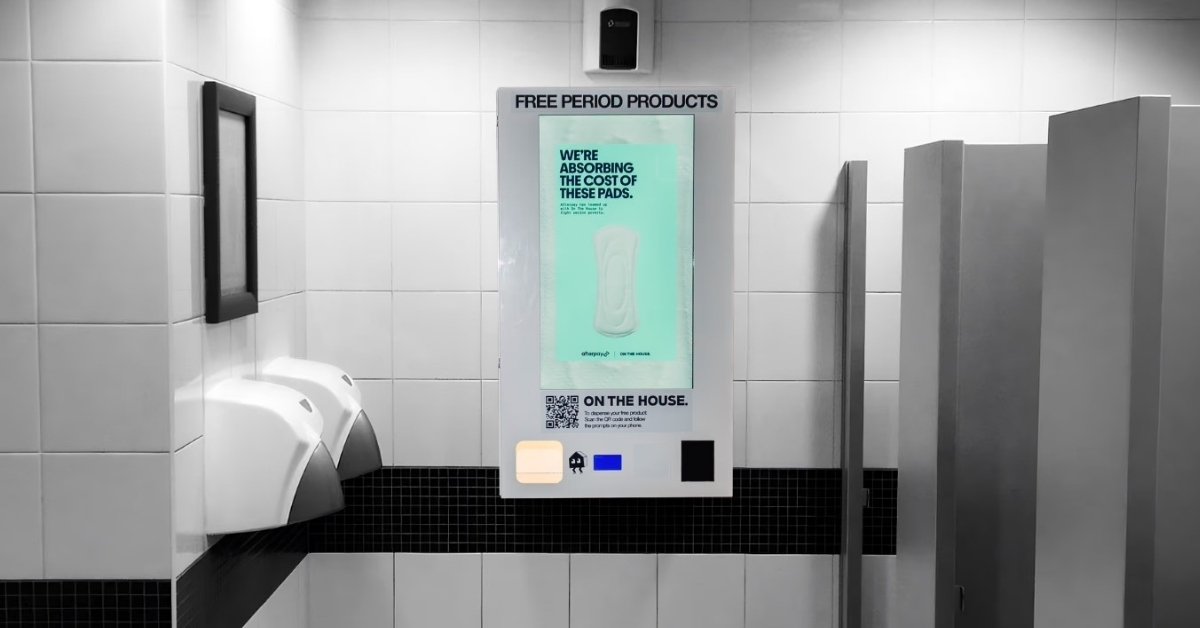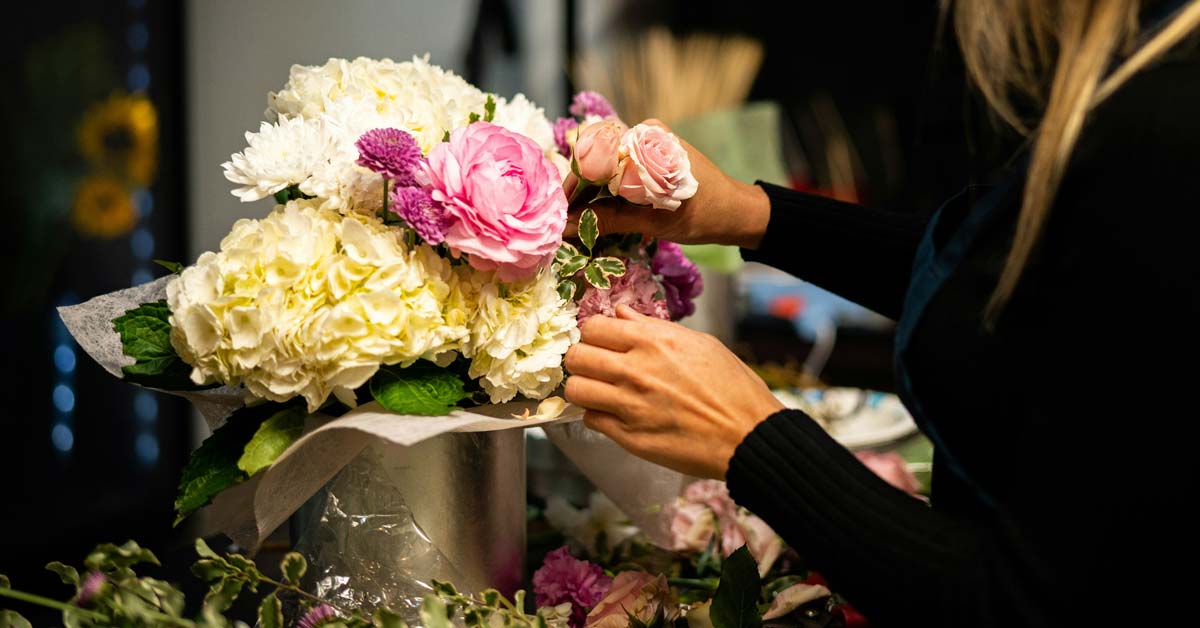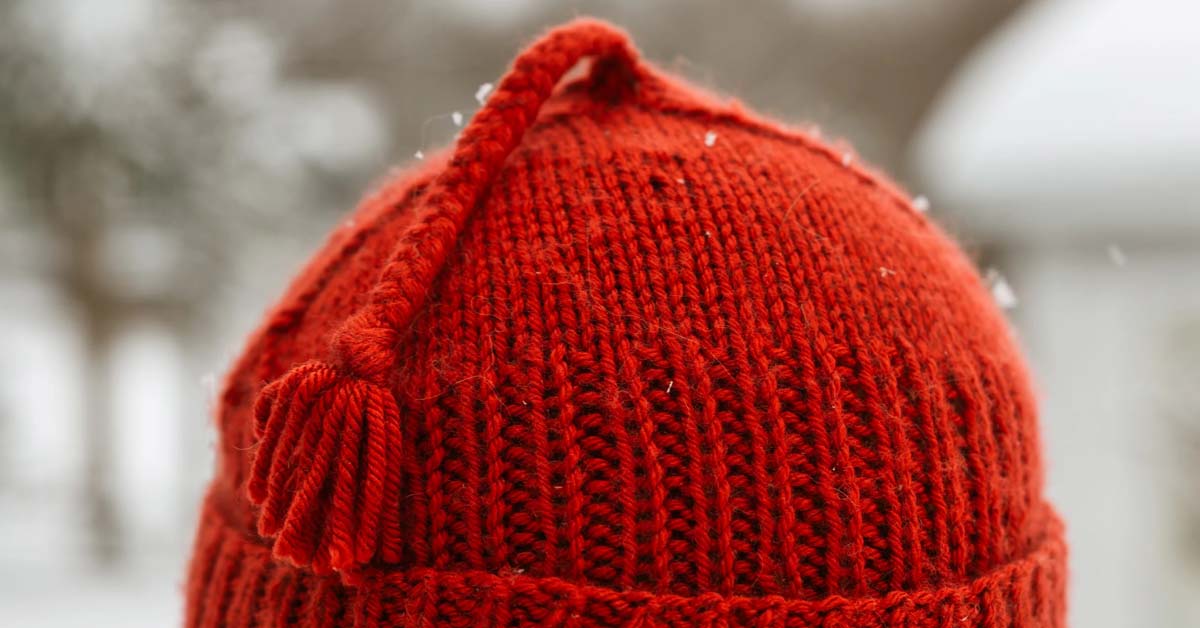Remy Tucker has calculated the cost of having a period over the course of a lifetime — and it’s $10,000.
That’s why she founded On The House, a startup that seeks to end period poverty and get feminine hygiene products into the hands of those who need them most.
“It’s a hidden and silent crisis that needs to be loud,” Tucker told Weekend Edition. “Our inaugural launch partner, Afterpay, recently commissioned research to uncover more about the realities of period poverty in Australia. The statistics are shocking. More than three in five women have been forced to use makeshift pads due to a lack of access, with almost 64 percent of women using toilet paper, followed by tissues, and in some extreme cases, even socks.”
Tucker said period poverty has a greater impact on daily life than some people might expect.
“Almost half of women [reported] feeling anxious (47 percent) or embarrassed (43 percent), and nearly three in five (58 percent) noted that they’ve missed key life events,” Tucker said.
“Not having access to period products means missed work, school, and job interviews,” she emphasized. “No access equals inequality.”
Her solution? Use ad revenue from bathroom posters to dispense free period products.
“I thought, what if you could make period products free, like how Facebook is free — paid for by ads?” she told Startmate. “It hit me like a bolt of lightning.”
When her lightbulb moment hit, Tucker did not have any advertising experience. But she had trained as a midwife and encountered many new mothers and refugees who had to choose between baby formula and a box of tampons — and she wanted to help.

“People are sick of being interrupted by ads,” Tucker reasoned, “but no one’s annoyed when an ad gives them something they need.”
Tucker said that brand-supporting advertising is a no-brainer.
“It really is a model that has been used for years, just in different ways – something that’s free because there are ads on it, like Facebook, Instagram, and Spotify,” Tucker told Weekend Edition.
“We’ve taken that same model and turned it into tangible products with a real-world impact – ending period poverty. On The House has the vision and the practical solution to a critical issue and brands like Afterpay are providing the support to help bring that vision to life and scale it.”
The vending machines, which operate behind digital ad screens. By scanning a QR code, patrons can receive a small box of 3 pads, with a cap of 4 boxes per month.
Today, On The House has five machines in public and commercial bathrooms across Brisbane, but Tucker has ambitious plans to scale up nationally — and then bring her idea to countries around the world.
“By 2035, I want to have over 20,000 dispensers globally,” she said. “I want to have started the world’s first female-founded out-of-home advertising company that single-handedly ended a real-world issue.”
You may also like: NYC's first 'free food vending machine' offers eggs, meat, and fresh produce to people in need
Header image via On The House



